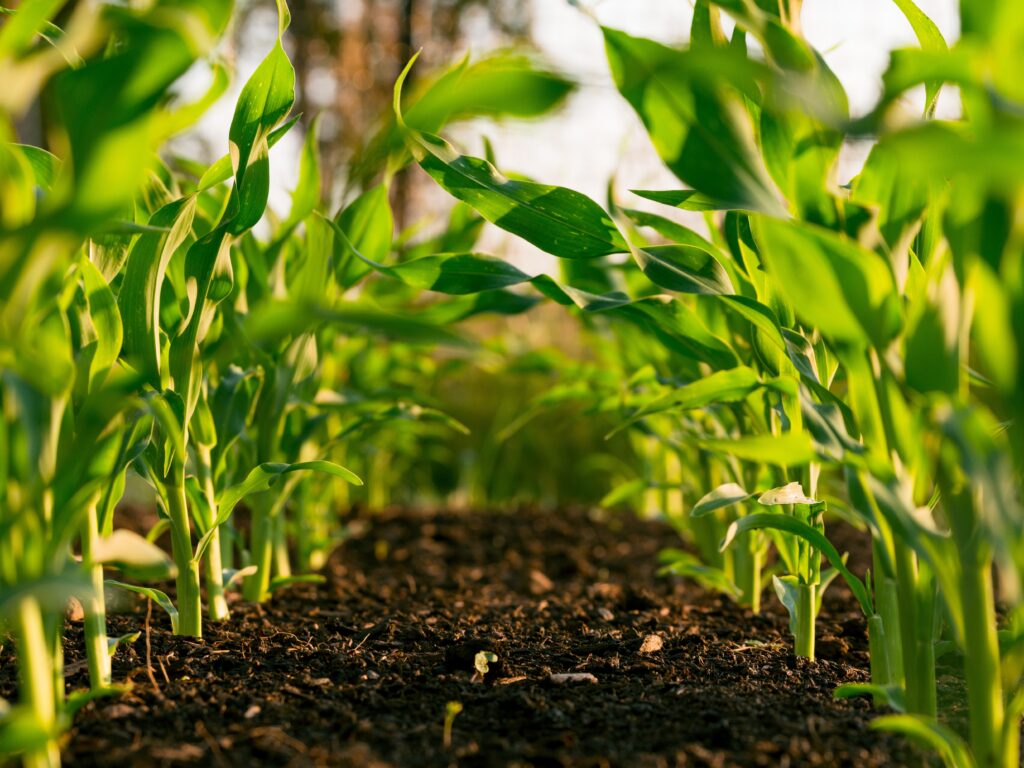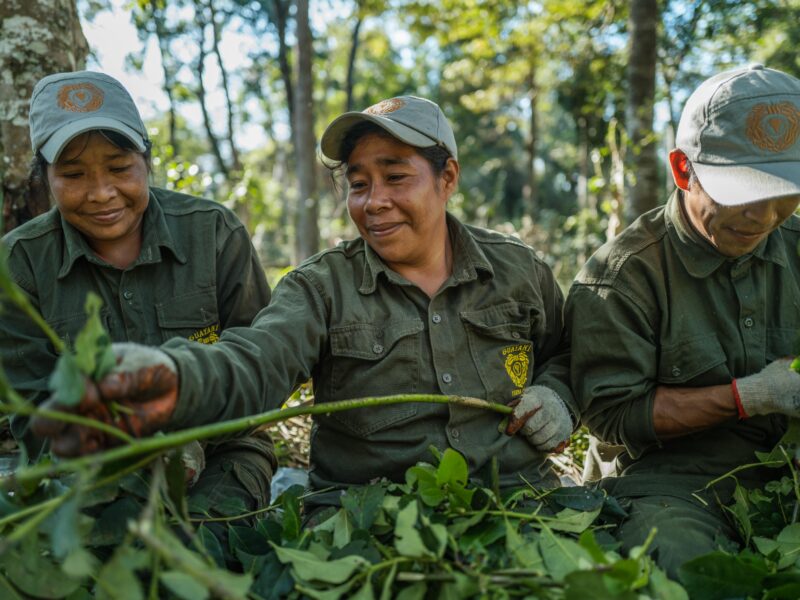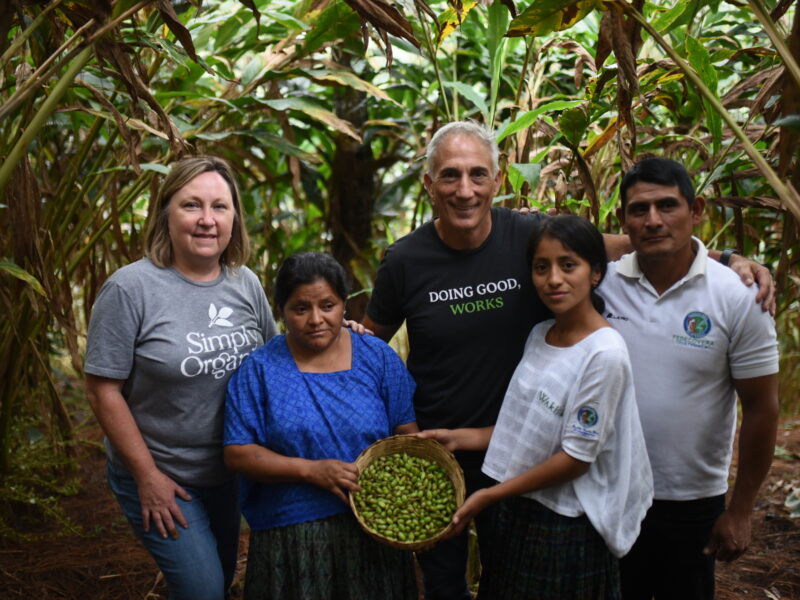As the world becomes increasingly attuned to the sustainability and health implications of our food systems, the role of organic agriculture has never been more crucial. Organic management has been shown to not only build resilience in ecological systems, but also in economic ones. Earthbound Farm, the largest U.S. farmer and producer of organic salads, is celebrating 40 years of organic farming with new offerings including its line of Organic Salad Kits featuring dressings made with 100% organic avocado oil and its Limited Harvest Wild Red Arugula blend. These new products will augment Earthbound Farm’s portfolio with additional fresh, flavorful, and healthy options for consumers to grow the salad category. What do consumers really think of USDA Organic? At a recent webinar, experts from the Organic Trade Association and NIQ discussed data surrounding consumer perception of the USDA organic label and competing claims. Walking around a supermarket can make it easy to forget where our food comes from. We find it hard to imagine what the finished product we see today looked like just weeks or even days ago. Farmers work around the clock to ensure we have items such as meat, vegetables, fruit and much more readily available. More than 99% of foods tested by the USDA contain pesticide residues below the tolerances — or legal limits — set by the Environmental Protection Agency. However, in making their assessments, CR’s own scientists used lower limits for certain pesticides that may pose risks for our neurological or endocrine systems, especially during windows of increased vulnerability such as pregnancy, early childhood or when struggling with chronic illness.
What do consumers really think of USDA Organic?
At a recent webinar, experts from the Organic Trade Association and NIQ discussed data surrounding consumer perception of the USDA organic label and competing claims.
https://www.newhope.com/industry-news/3-takeaways-from-ota-consumer-perception-of-usda-organic
Seven reasons why organic farming is important
Walking around a supermarket can make it easy to forget where our food comes from. We find it hard to imagine what the finished product we see today looked like just weeks or even days ago. Farmers work around the clock to ensure we have items such as meat, vegetables, fruit and much more readily available. However, this demand for produce is causing a serious negative impact on the environment. https://www.farminglife.com/news/environment/seven-reasons-why-organic-farming-is-important-4609746
Why a new organic produce shopping guide is helpful, not fearful
More than 99% of foods tested by the USDA contain pesticide residues below the tolerances — or legal limits — set by the Environmental Protection Agency. However, in making their assessments, CR’s own scientists used lower limits for certain pesticides that may pose risks for our neurological or endocrine systems, especially during windows of increased vulnerability such as pregnancy, early childhood or when struggling with chronic illness.
Organic Research Funding: Examining and Refuting USDA’s Justifications for Decreasing Dedicated Organic Funding
As the world becomes increasingly attuned to the sustainability and health implications of our food systems, the role of organic agriculture has never been more crucial. Organic management has been shown to not only build resilience in ecological systems, but also in economic ones.
Earthbound Farm adds five salad kits, Limited Harvest Wild Red Arugula blend
Earthbound Farm, the largest U.S. farmer and producer of organic salads, is celebrating 40 years of organic farming with new offerings including its line of Organic Salad Kits featuring dressings made with 100% organic avocado oil and its Limited Harvest Wild Red Arugula blend. These new products will augment Earthbound Farm’s portfolio with additional fresh, flavorful, and healthy options for consumers to grow the salad category.
https://www.producebluebook.com/2024/05/02/earthbound-farm-adds-five-salad-kits-limited-harvest-wild-red-arugula-blend/









